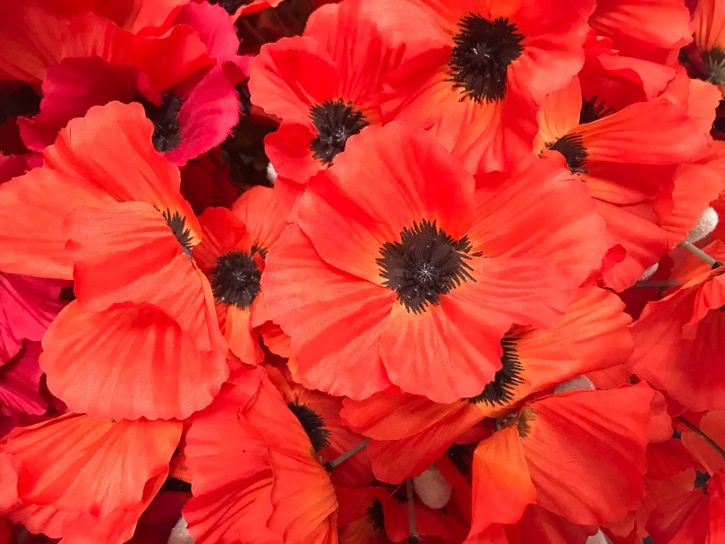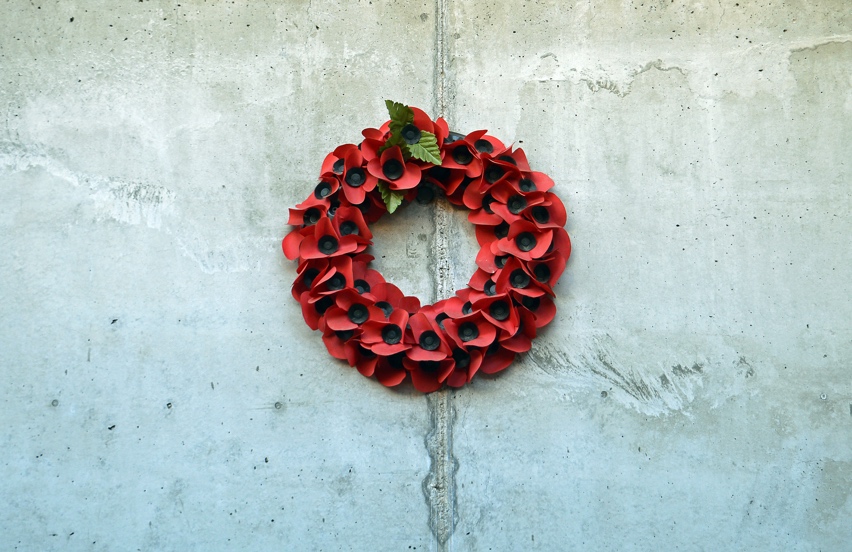
Each year, Remembrance Day is marked on 11 November, commemorating the anniversary of the armistice which marked the end of World War One. This year, 2018, Remembrance Sunday falls on 11 November, coinciding with the exact centenary of the Armistice.
A one- or two-minute silence is traditionally held at 11.00am, recognising the precise time that the hostilities ceased in 1918 – the 11th hour of the 11th day of the 11th month. As well as official wreath-laying ceremonies, workplaces across the nation hold their own periods of silence.
The Centenary of Armistice and the Poppy
Remembrance is part of modern British life, culture and heritage. It becomes a particular feature of the public calendar each year when public, private, formal and informal Remembrance events take place throughout the UK. In London, a national memorial ceremony takes place at the Cenotaph on Whitehall and wreaths are laid by members of the Royal Family, political party leaders, significant military figures and civilians.
Wearing or displaying a poppy is a symbol of Remembrance and hope worn by millions of people. It is red due to the natural colour of field poppies.

Wearing a poppy is a personal choice and reflects individual and personal memories. It is not compulsory but is greatly appreciated by those it helps – serving in our Armed Forces, veterans, and their families and dependants.
The History of the Poppy
During the First World War (1914–1918) much of the fighting took place in Western Europe. Previously beautiful countryside was blasted, bombed and fought over, again and again. The landscape swiftly turned to fields of mud: bleak and barren scenes where little or nothing could grow.
Bright red Flanders poppies (Papaver rhoeas) however, were delicate but resilient flowers and grew in their thousands, flourishing even in the middle of chaos and destruction. In early May 1915, shortly after losing a friend in Ypres, a Canadian doctor, Lt Col John McCrae was inspired by the sight of poppies to write a now famous poem called ‘In Flanders Fields‘.
In Flanders Fields
In Flanders’ fields the poppies blow
Between the crosses, row on row,
That mark our place: and in the sky
The larks, still bravely singing, fly
Scarce heard amid the guns below.
We are the dead. Short days ago
We lived, felt dawn, saw sunset glow,
Loved and were loved, and now we lie
In Flanders’ fields.
Take up our quarrel with the foe;
To you from failing hands we throw
The torch; be yours to hold it high,
If ye break faith with us who die
We shall not sleep, though poppies grow
In Flanders’ Fields.
